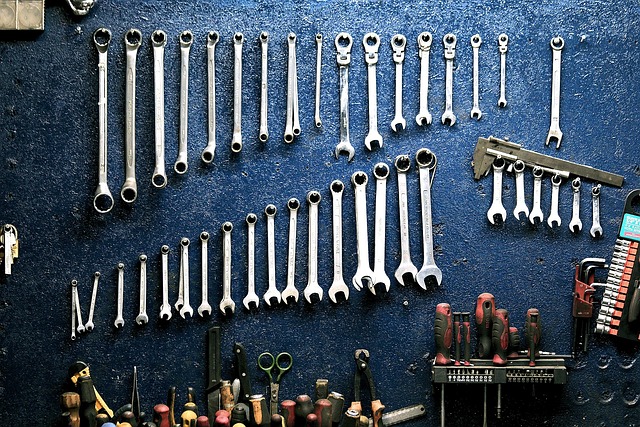Essential Tools and Machines for Every DIY Enthusiast
DIY is truly a multigenerational hobby, one which we all flirt with at one point or another – but one in which many of us find solace, self-sufficiency, and results in. Though not every DIY job is a consummate success (after all, who can put a shelf up without bursting a few water pipes?), the pursuit of home improvement is nonetheless highly rewarding, not to mention often a financially relieving set of skills to cultivate.
Starting on your DIY journey requires that you spend a little in the short term, though, to enable you to tackle all manner of different tasks. Here, we’ll examine some of the more important pieces of kit you should be investing in for the success of your own home DIY projects.
Basic Hand Tools
In starting with the basics of DIY, you should start with the basic tools. Hand tools are basic, yet essential to keeping on top of simpler DIY tasks like fixing doors and cabinets or tending to basic plumbing. The humble screwdriver is a key item in your tool bag, of which you should have several different kinds to meet the varying needs of screws in your door hinges or jubilee clips. Wrenches and spanners enable you to deal with the nuts and bolts of your nuts and bolts, as well as handle jobs like maintaining your sink garbage disposal.
DIY is not just multigenerational, but also multidisciplinary. Your journey might see you tinkering with things far smaller than your home’s fixtures and fittings, such as the various electrical items on which your day-to-day life relies. In fixing appliances or other home electrics, potentiometer tools and other such small hand tools are crucial to safely and accurately engaging with a PCB.
Power Tools
Power tools are the next rung on the ladder, with vital use cases in every form of home DIY. Drill drivers are important for basic joinery work, whether driving screws into stud work or drilling holes for cabling. If you’re of the mind to make your stud walls, such as to create your built-in pantry, you’ll need a circular saw to cut your 2x4s to size. If you’re framing doorways, felting roofs or otherwise working quickly, a framing nail gun won’t do you wrong.
Safety Equipment
In buying tools for your home toolbox, it’s easy to lose sight of the most important thing: your safety. You are no more immune to injury than any professional tradesman – if anything, you’re more likely to hurt yourself from inexperience. So take your safety seriously and buy some damn safety goggles! Steel toe-capped boots are also a must if you’re lugging heavy materials around.

